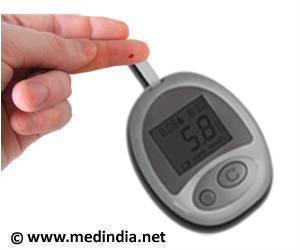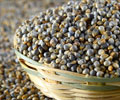The sole purpose of gluten-free products are for individuals with gluten sensitivity and celiac disease. But many think it can aid in weight loss.

Gluten destroys some of the intestine’s lining as it passes through the digestive tract in celiac disease. This hinders nutrient absorption in those individuals. Just 1% of the population has been diagnosed with celiac disease whereas 30% of the population carry its genetic markers.
Estimations point out that 1 in 133 people show signs of gluten sensitivity, which like celiac disease include indigestion, bloating, diarrhea and fatigue. An immune system response to gluten is thought to cause non-celiac gluten intolerance. A gluten-free diet is the current treatment for those with either disease.
It is still unknown about the reason as to why gluten-free diet became a fad weight loss diet. But this popularity has made the gluten-free market shoot up in the recent years with gluten-free products demanding a premium price.
In a recent survey it was found that only 10% of the people purchase gluten-free products out of necessity. The rest 90% purchase them because of perceived health benefits of going gluten-free.
As a matter of fact, some who have been diagnosed with celiac disease may find that switching to a gluten-free diet causes them to gain weight. To make up for the taste gluten gives food gluten-free foods tend to have a higher amount of fat, refined carbohydrates and calories and is often lower in important nutrients including fiber, iron, folate, carbohydrates, niacin, calcium and vitamin B12.
Advertisement













